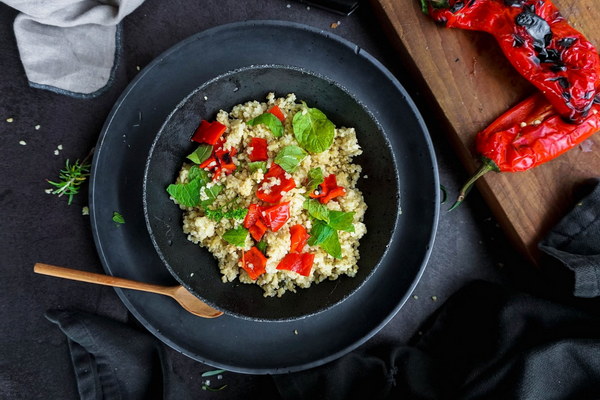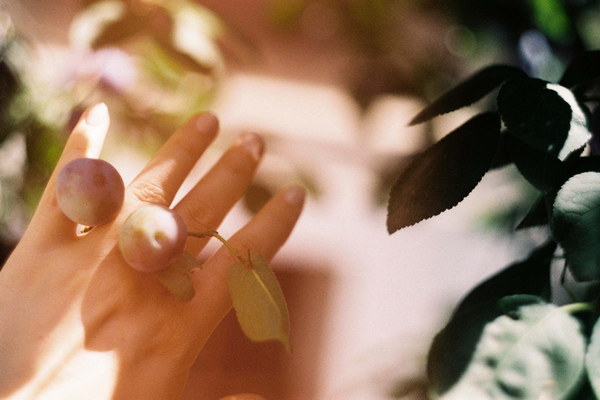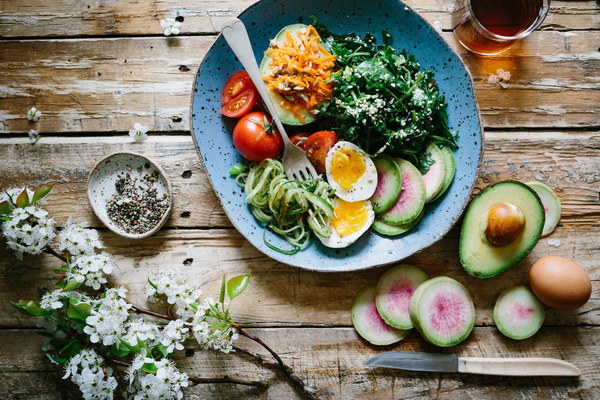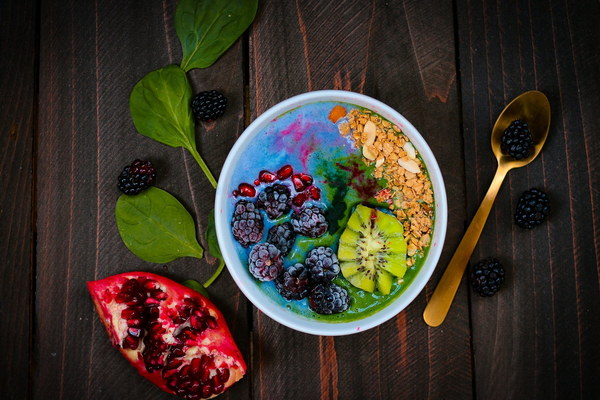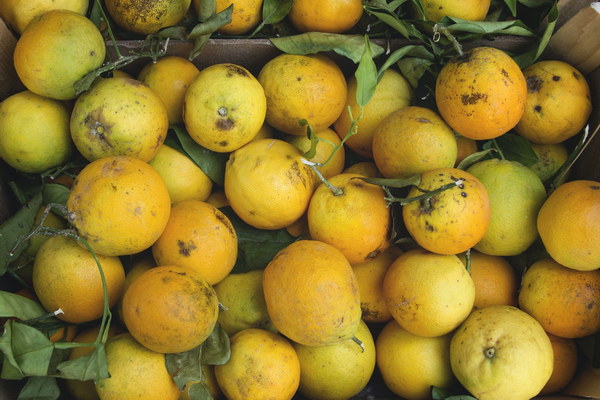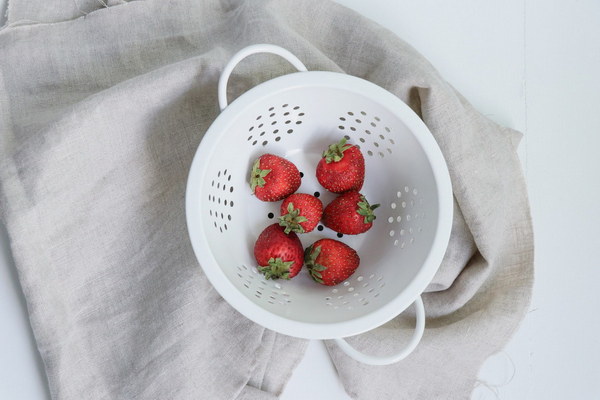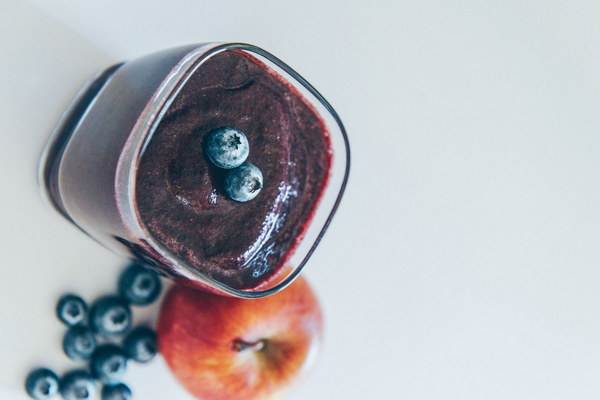Integrating Traditional Chinese Medicine into Holistic Elderly Care A Path to Optimal Wellbeing
In the realm of healthcare, the integration of traditional practices with modern medicine has gained significant traction. One such integration that has proven to be highly beneficial, particularly for the elderly, is the fusion of Western healthcare with traditional Chinese medicine (TCM). This article explores the concept of integrating TCM into holistic elderly care, emphasizing its significance and potential for enhancing the well-being of the aging population.
The elderly are more susceptible to various health issues, and their bodies often require a more personalized and gentle approach to treatment. TCM, with its holistic and preventive approach, offers an excellent alternative or complement to conventional Western medicine. Here's a closer look at how TCM can be effectively integrated into holistic elderly care.
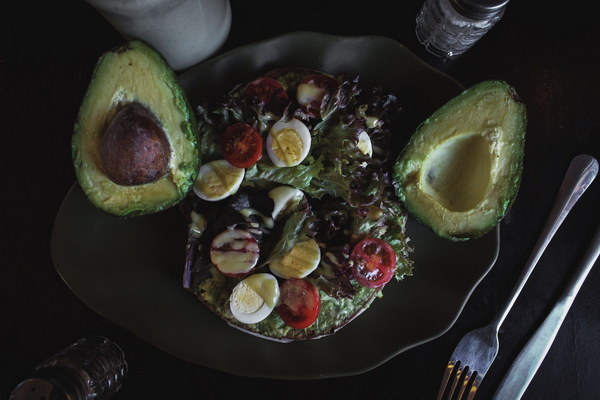
1. Acupuncture and moxibustion for pain relief and improved circulation
Acupuncture, a key component of TCM, involves inserting fine needles into specific points on the body to stimulate healing. This ancient practice has been proven effective in managing pain, reducing inflammation, and improving circulation. For the elderly, who often suffer from arthritis, chronic pain, and other age-related conditions, acupuncture can be a game-changer. Moxibustion, another TCM technique that involves burning dried mugwort near the skin, can also provide relief for various ailments, including joint pain and respiratory issues.
2. Chinese herbal medicine for comprehensive treatment
TCM utilizes an array of herbal remedies that have been used for centuries to treat various diseases and promote overall health. These herbs can be prescribed individually or in combination, depending on the patient's specific condition. Chinese herbal medicine can address a wide range of issues, from boosting the immune system to improving digestion and promoting cardiovascular health. When integrated into holistic elderly care, herbal medicine can provide a more natural and gentle approach to managing chronic conditions.
3. Qigong and tai chi for physical and mental well-being
Qigong and tai chi are ancient practices that involve slow, deliberate movements, deep breathing, and mental focus. These exercises are known for improving flexibility, balance, and muscle strength, which are crucial for maintaining an active lifestyle in old age. Additionally, both Qigong and tai chi have been shown to reduce stress, anxiety, and depression, making them valuable tools for promoting mental well-being in the elderly. Integrating these practices into a holistic care plan can significantly enhance the quality of life for seniors.
4. Dietary therapy for balanced nutrition
In TCM, food is considered a vital component of healthcare. A balanced diet tailored to the individual's specific needs can help prevent and manage various health issues. For the elderly, a diet rich in nutrients, vitamins, and minerals can support immune function, improve digestion, and maintain overall health. Integrating dietary therapy into holistic elderly care can help ensure that seniors receive the proper nutrition they need to thrive.
5. Mindfulness and stress reduction techniques
Stress and anxiety can exacerbate existing health conditions and lead to new ones. TCM offers various mindfulness and stress-reduction techniques that can help the elderly manage these emotions. Practices such as meditation, yoga, and breathing exercises can promote relaxation, improve mental clarity, and enhance overall well-being.
In conclusion, the integration of traditional Chinese medicine into holistic elderly care can provide numerous benefits for the aging population. By combining the strengths of both Western and TCM practices, healthcare providers can offer a more comprehensive and personalized approach to treating the elderly. As the population continues to age, it is essential to explore and implement these integrative strategies to ensure that seniors can live their golden years with optimal health and well-being.
